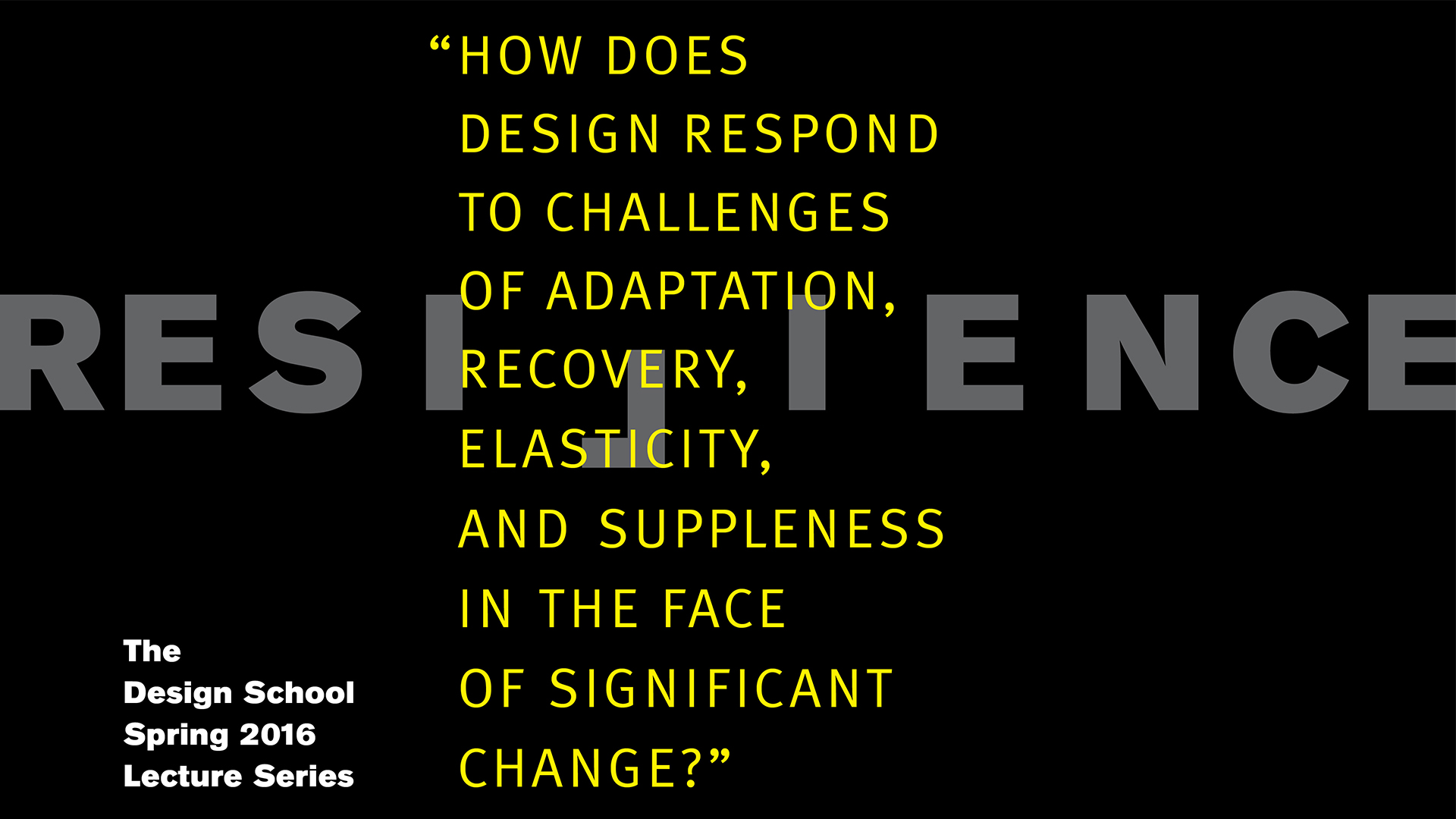Building Cities That Think Like Planets: The Design School Lecture Series Presents Marina Alberti

Speaker: Marina Alberti, Marsha and Jay Glazer Endowed University Professor of Urban Design and Planning, University of Washington, College of Built Environments
Cities must rethink themselves in the context of planetary change. What role do cities play in the evolution of Earth? Alberti proposes a co-evolutionary paradigm for building a science of cities that “think like planets,” expanding the time and spatial scales of city design and planning, to include the scales of the geological and biological processes on which our planet operates. The city that thinks like a planet is not built on already set design solutions or planning strategies equally well across the world regardless of place and time. Instead, such a city will be built on principles that emerge from expanding our scientific understanding, drawing boards, and collaborative action to include both human and planetary processes, to position humanity in the evolution of Earth. Such a view acknowledges the history of the planet in every element or building block of the urban fabric. A city that thinks like a planet is simultaneously resilient and able to change.
Alberti is Glazer Professor of Urban and Environmental Planning in the Department of Urban Design and Planning at the University of Washington. She directs the Interdisciplinary Ph.D. Program in Urban Design and Planning and the Urban Ecology Research Laboratory. She teaches courses in Urban Science, Urban Ecology, Environmental Planning, Research Design, Geographic Information Systems, and Group Dynamic and Conflict resolution. Alberti studies cities as hybrid ecosystems. Her research interests are on the interactions between urban development patterns and ecosystem function, urban eco-evolutionary dynamics, and the properties of urbanizing regions that enhance their resilience and innovation. She leads research on modeling and strategic foresight. Her work involves the development of metrics and indicators of socio-ecological performance that can be used to monitor progress and inform policy-making and planning. In her forthcoming book (UW Press 2016) entitled “Cities That Think Like Planets,” Alberti advances a science of cities that work on a planetary scale and link unpredictable dynamics to the potential for socio-ecological innovation.